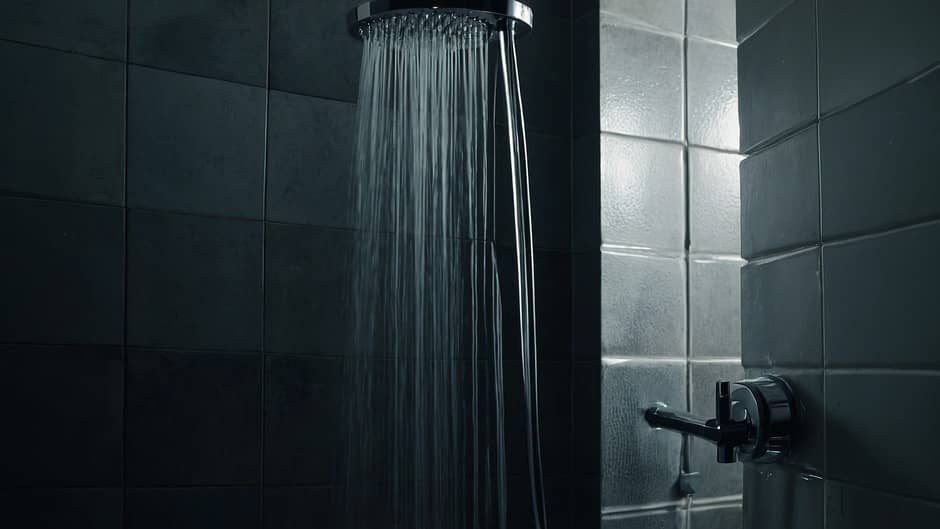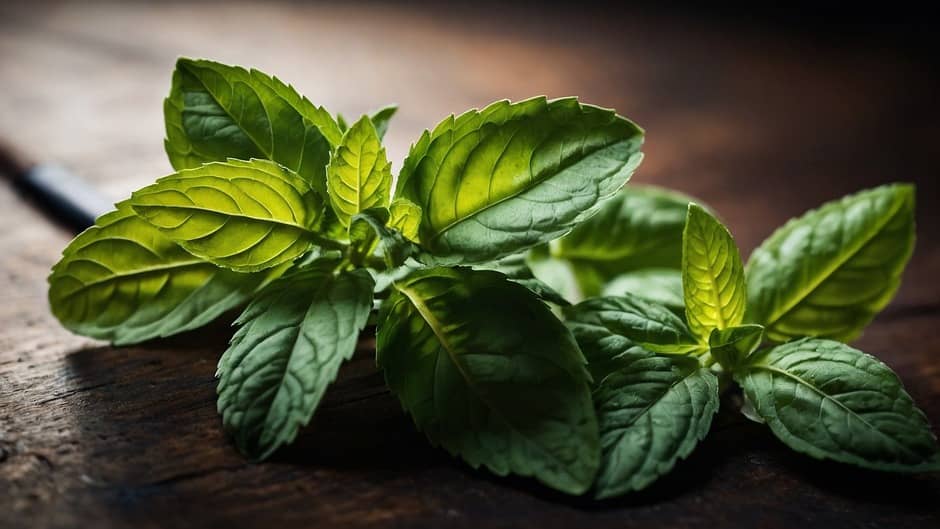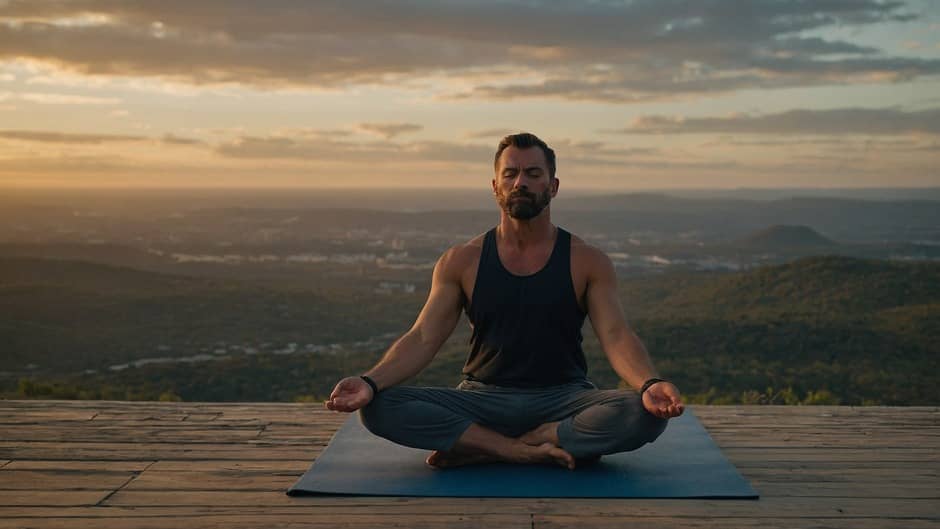Table of Contents
- Does Having Cold Showers Increase Testosterone?
- Benefits of Cold Showers for Women
- Cold Shower Benefits for Skin
- Do Cold Showers Increase Testosterone in Females?
- Do Cold Showers Before a Workout Increase Testosterone?
- How Much Do Cold Showers Increase Testosterone?
- 6 Cold Shower Benefits to Consider
Does Having Cold Showers Increase Testosterone?
Now, let’s talk about something that comes up frequently: testosterone and cold showers.
You may have heard that raising your testosterone levels involves taking a cold shower. Is this accurate, though?
This myth is predicated on the notion that a cold shower stimulates the body in a variety of ways, boosting mood, circulation, and alertness. Let’s see benefit of taking a cold shower. Contrarily, it is less evident from the data on testosterone.
It is well known that testosterone is the hormone that significantly influences mood, vitality, desire, and muscle building, especially in males.
The theory is that exposure to low temperatures may cause the body to produce more testosterone.
Some research suggests that taking a cold shower or submerging one’s toes in an ice bath can momentarily raise testosterone levels.
But generally speaking, this rise is very temporary, and it has no long-term effect on testosterone levels.
Despite the fact that cold showers offer numerous benefits, relying solely on them to increase testosterone is probably not the best course of action.
More efficient methods of naturally raising testosterone levels include regular exercise, a balanced diet rich in minerals like zinc and vitamin D, getting adequate sleep, and controlling stress. While taking cold showers might contribute to a healthy lifestyle, they shouldn’t be seen as a testosterone booster.
Benefits of Cold Showers for Women
Now, you may be asking what benefits there are for ladies who take cold showers. Women can benefit greatly from cold showers as well; they’re not just for men. One of the most talked about benefits is improved circulation.
After taking a cold shower, your body has to work harder to maintain its core temperature. You may feel more alert and invigorated as a result of the increased blood flow.
The health of your skin and hair is an extra big benefit. The tightening of your pores and cuticles with cold water will make your skin look more toned and your hair look shinier.
Unlike hot water, which over time can remove natural oils from the skin and hair, cold water helps to retain natural oils.
Taking a cold shower can also help muscles heal. After a strenuous workout, a cold shower helps speed up muscle recovery by lowering inflammation and discomfort. Moreover, taking a cold shower might be a great way to improve your mindset.
Your body releases endorphins, also referred to as “feel-good” hormones, when you catch a cold. Your levels of tension and anxiety may decrease thanks to these hormones.
Consequently, adding cold showers to your regimen might be a straightforward yet powerful strategy to improve your skin, recuperate from a workout, or simply get your day started on a positive note.
Also Read – Human Activities That Help The Environment? (2024)
Cold Shower Benefits for Skin
Shall we talk about skin a bit more? Many swear by taking cold showers to maintain clear, healthy skin. Using cold water in the shower can help minimize redness and puffiness by narrowing blood vessels.
Consequently, cold compresses are often used to relieve irritated skin and minimize swelling. The mechanism of a cold shower is the same. Cold showers are another treatment option for acne.
Hot water can sometimes make acne worse by stripping the skin of its natural oils, which leaves the face feeling dry and irritated. On the other hand, cold water helps maintain the skin’s natural barrier, keeping it nourished and less prone to breakouts.
Moreover, the pore-closing properties of cold water reduce the likelihood of oil and dirt accumulating, a common cause of skin irritation.
An additional benefit is that a cold shower can increase skin suppleness.
Cold water can help your skin look tighter and younger-looking over time by improving blood flow and tightening the skin.
Thus, if you’re seeking for a signature technique to maintain the fresh, youthful appearance of your skin, adding cold showers to your regimen can be something to think about.
Do Cold Showers Increase Testosterone in Females?
Now, here’s an interesting question: do women who take cold showers have higher testosterone levels?
Men and women both generate testosterone, though in lower amounts.
It affects women’s temperament, libido, and muscle strength.
However, there isn’t much evidence to support the theory that cold showers can effectively raise testosterone levels in women. It makes sense that taking a cold shower has little effect on a woman’s testosterone levels.
A brief increase in testosterone may result from cold exposure due to the body’s stress reaction, but this is not enough to have a noticeable long-term effect.
It is far more effective for women to focus on stress reduction, a well-balanced diet, and regular exercise in order to support healthy hormone levels.
Thus, while there are many benefits to having a cold shower, the idea that it raises female testosterone is not well-supported by data.
Women can still benefit from all the other advantages of a cold shower, too, including improved mood, enhanced blood flow, and healthier skin and hair.
Do Cold Showers Before a Workout Increase Testosterone?
Let’s investigate the possibility of increasing testosterone before exercise with a cold shower.
The idea behind this is that a viral shower might “awaken” the body, increase its level of preparedness, and potentially stimulate the production of chemicals, such as testosterone.
Nevertheless, there isn’t much data to support the claim that increasing testosterone levels prior to exercise involves having a cold shower. Although the impact is usually transient, cold openness might momentarily increase testosterone levels.
When it comes to exercise, the most effective way to increase testosterone is through physical activity, particularly strength training and high-intensity interval training (HIIT).
These kind of exercises have been shown to naturally raise testosterone levels more than cold showering does.
On the other hand, taking a cold shower before working out could help you feel more alert and mentally ready, which could improve your performance.
Just remember that having a cold shower affects your general wellbeing more than it does your testosterone levels. If you take a viral shower before heading to the gym, it could be a great way to start your workout feeling invigorated and focused.
How Much Do Cold Showers Increase Testosterone?
Finally, let’s talk numbers: to what extent can a cold shower genuinely raise testosterone levels?
In actuality, testosterone levels can sporadically rise as a result of having a cold shower, but these increases are usually mild and transient.
Factors include the person’s overall health, amount of time spent in the cold, and baseline testosterone levels all come into play.
Most research on the connection between cold exposure and testosterone has concentrated on colder environments than the average cold shower, like ice baths or submersion in frigid water.
Taking a cold shower is not the most effective technique to enhance testosterone, even in these cases when the increase in testosterone is not statistically significant.
If your goal is to boost testosterone, it is far more beneficial to concentrate on a holistic plan that includes getting adequate sleep, exercising, and maintaining a good diet.
Despite being a vital component of a healthy lifestyle, cold showering shouldn’t be attributed to a significant increase in testosterone production.

6 Cold Shower Benefits to Consider
Enhanced Circulation
So, let’s start with circulation. Imagine the following: you walk into a freezing shower, and the abrupt drop in temperature causes your blood vessels to dilate.
This actually makes your blood circulate more freely throughout your body, even if it could make you feel unpleasant. Blood rushes back to your limbs as soon as you exit the chilly water and get heated.
To keep your important organs warm, the cold water forces blood to your core. In the long run, this cycle can help with course development.
Additionally, excellent circulation keeps your heart strong, facilitates faster healing of wounds, and generally boosts your energy levels.
It’s like having a superpower for your body.
It’s like getting a little exercise for your cardiovascular system every day without ever stepping onto a treadmill.
Mental Clarity and Alertness
Also Read – Starting A Low Carb Diet Plan – 3 Things To Know Before Starting a Low Carb diet (2024)
Now let’s discuss how having a cold shower might actually help you wake up.
Everyone has experienced the feeling of fatigue that can descend upon them in the early hours of the day, but a cold shower can help you overcome that perception.
Just as the cool water meets your skin, your body releases an adrenaline rush. Like the natural form of caffeine!
This adrenaline rush helps you focus better, clear your head, and get ready to take on the day’s obstacles.
In addition, the mere challenge of tolerating a cold shower bolsters mental toughness.
Suddenly, that big event or test doesn’t seem that overwhelming, assuming you can get past the icy water first thing.
Fat Loss Potential
Now for something that may surprise you: taking cold showers may aid in weight loss.
Our bodies contain two different types of fat: brown fat and white fat. This is how it functions. Unlike white fat, which is usually linked to weight reduction, brown fat actually helps the body burn calories and produce heat.
Your body releases brown fat to provide warmth when it is exposed to low temperatures. Over time, this connection improves your digestion and uses calories.
Taking a cold shower is one of many simple habits that can have a significant impact on your general health, even though it’s not a foolproof method to lose weight.
Improved Sleep Quality
Now let’s head for bed. Despite the seemingly paradoxical suggestion, having a cold shower can help you sleep better.
Why?
Because taking a cold shower can force your body to try to warm up again, which can cause your core body temperature to drop. A decrease in core body temperature is one of the ways your body tells you it’s time to sleep.
Thus, a few hours before bed, having a chilly shower can help your body transition into a more restful condition.
Furthermore, the initial shock of the cold water might have a relaxing impact that helps lessen anxiety and stress, two common sleep disturbances.
Reduced Inflammation
Now let’s discuss inflammation. Although inflammation is your body’s normal reaction to injury or infection, too much inflammation can have long-term negative effects on your health.
Taking a cold shower can help reduce inflammation in a few different ways.
First, the cold water constricts blood vessels in a manner akin to applying ice packs to injuries, which can lessen discomfort and swelling. Additionally, taking a cold shower could help lower the body’s levels of some heat-producing indicators.
This means that if you have arthritis or sore muscles from activity, taking a cold shower could help reduce pain and hasten your recovery.
Boosted Immunity
Finally, let’s talk about how taking cold showers might strengthen your resistance framework. Interesting research suggests that exposure to cold may increase the formation of white blood cells. These cells support the body’s defenses against infections.
Regular cold showers may reduce your risk of catching colds and other mild diseases.
Even a Dutch study discovered that having a cold shower decreased the probability of reporting absenteeism from work.
Taking a cold shower is an additional method you can take to boost your immune system, but it shouldn’t be used in place of proper cleanliness, a balanced diet, or vaccines.
Read us on Medium.




